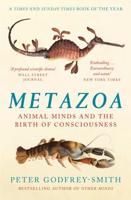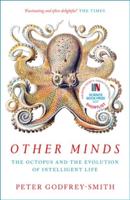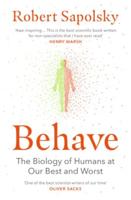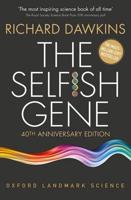Publisher's Synopsis
An investigation of a subject at the boundaries of psychology and physiology. The author's account is based upon experimental data from human and animal work with particular emphasis on illustrative clinical cases.;The organization of goal-directed movements is a problem central to the relations of brain and behaviour in humans and other animals. Movement represents a clue to the study of brain mechanisms and psychological functions.;The use of behaving animals in neurophysiological laboratories has allowed direct investigation of the role of discrete neural mechanisms in controlling motor output. The contribution that these mechanisms make can be assessed by reproducing experimentally the motor syndromes observed in man.;Kinematic description of motor responses may be directly transferable to theoretical models of motor systems and to their technological applications such as artificial intelligence and robotics.;Finally, the use of concepts derived from cognitive psychology in the study of motor control has opened new fields of investigation concerning the mental representation of goal-directed movements.








